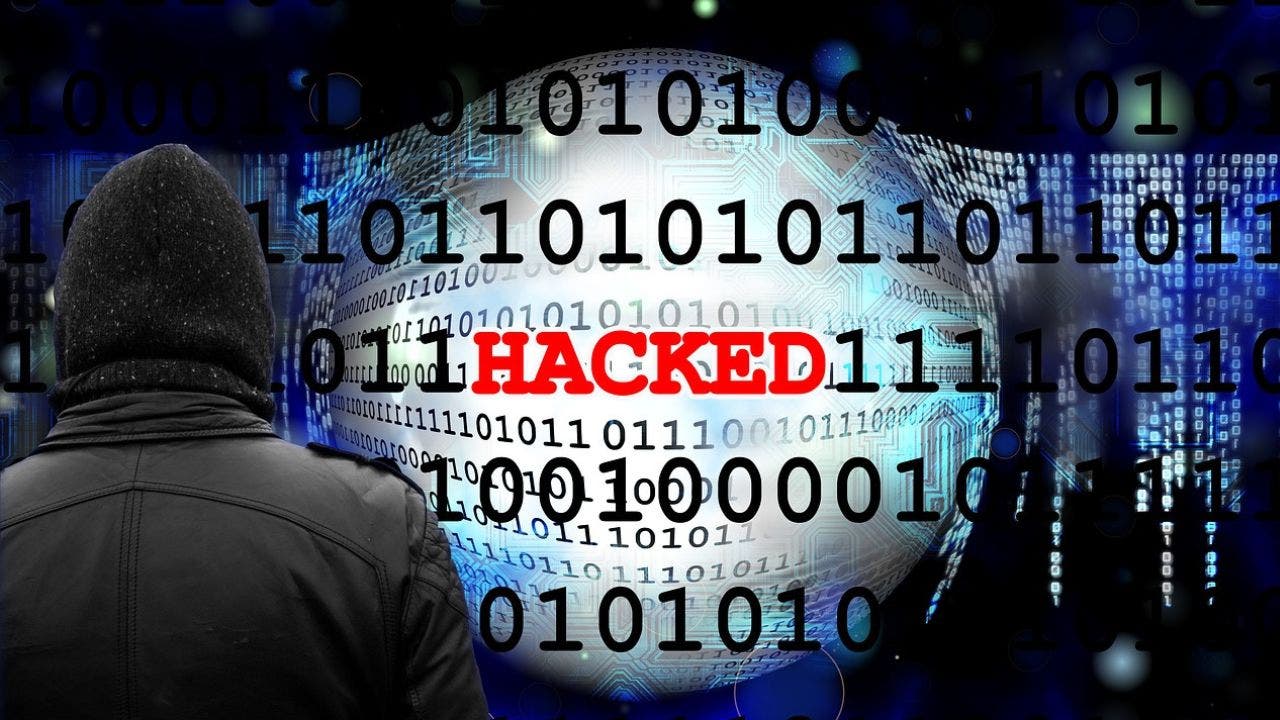The War is Taking a Psychological Toll on All of Us
The Israel-Hamas war is unleashing a deep, collective emotional response around the world. Many are living in legitimate physical threat, loss of life, loss of family and home. The rest of us are cycling through shock, fear, rage, sadness and disbelief, depending on personal viewpoints.
An added layer to all of it is the complexities of the positions being taken by people, rigid one side or other other or the third more fluid and brought based humanity perspective on the impact of all of it on the innocent. Rabid divisions are being fueled leading to broader fear of global impact. The stories and images of all of it are outside of what many are accustomed to and are able to process.
The war is taking a psychological toll on all of us.
The American Psychological Association has put out a warning to monitor consumption of violent news and media to protect mental health. Part of their statement reads:
Psychological science tells us that fear, anxiety and traumatic stress have long-term effects on health and well-being. These impacts are also being felt by people around the world who have families and friends in the region, as well as those concerned about the effects of war everywhere.
The psychology community stands in solidarity with all who are working to protect and safeguard human life during this conflict. Psychologists are experts in the science of human behavior. Problems cannot be solved without understanding their root cause. Prevention of violent conflict is imperative for a world in which mental health and well-being are the norm, and to achieve peaceful, sustainable societies. We call for peace, dialogue and conflict resolution as a pathway to ending the conflict, which is necessary for us to begin the work to prevent the suffering that will continue to result from ongoing violence.
(Some people cope with distress by looking away or compartmentalizing, both valid defense mechanisms for psychological protection. An awareness of distress may be less clear because of this.)
Sadly, over a number of years now we, on a global scale, have been forced to adapt to exceedingly challenging situations like the Covid pandemic, mass shootings, the Russian war in Ukraine and natural disasters. In all of these cases, the access to visual imagery has been more available than ever with iPhones and social media.
In an upcoming episode of Dr. Sanjay Gupta’s podcast, Chasing Life, around how to stay aware of what’s happening in the war while also protecting your mental health, psychiatrist Dr. Gail Saltz discusses this issue:
…this is the problem people are having now. They see something; it’s horrific — it’s beyond the usual human experience of seeing human-to-human violence — in such a way, and it intrudes in their mind such that they can’t concentrate at work, such that they can’t fall asleep at night. And it’s distressing. And that causes an overall arousal in the brain and then in the body…”
Think of it like your internal alarm center being activated, which can look and feel like anxiety. Your sympathetic nervous system is on red alert, a survival response to what is perceived as an emergency. Not everyone responds the same way and those who have a trauma history and overall challenges with handling adversity can be more at risk.
Here are some things you can do to take care of yourself and those you care about.
- Monitor your media consumption. This includes social media. Understand your tipping point and limit yourself enough that you can stay aware yet protect yourself emotionally. If you have children using social media apps who run a risk of exposure to disturbing material, take action to protect them. Depending on their age, this might look like removing apps like TikTok and Instagram. Or at least educate them around what is happening and the negative consequences of exposing themselves to imagery they can’t unsee.
- Breathe to help manage your emotions. Your breath is an excellent anchor to the present and oxygen is an antidote to the stress hormone, cortisol. When you notice yourself feeling worried or angry, take 5 slow and deep breaths in through your nose and out through pursed lips. This could be a good time to start a mindfulness practice to help train your brain to more effectively drop into the now.
- Name your feelings. And help your kids name theirs. Part of being human means having access to a well of emotions. It’s ok to feel any way you feel and the emotions themselves can’t hurt you. But the impact of unprocessed emotions can lead to suffering internally and acting out in unhealthy ways.
- Watch out for cognitive distortions. These include jumping to conclusions and overgeneralization.
- Talk it out. Share your feelings with a friend, family member or community. Stay connected rather than isolated with your fear or anger. Seek to process it rather than exacerbate it.
- Turn into your bubble. Put your focus on self-care and those you care about. Find gratitude on what his happening in your immediate world, even if intermittently. Don’t let yourself get psychologically washed away from them. You need each other.
- Dig into your hobbies. What do you like to do? Distract yourself with things you enjoy like art, baking, a new tv series or walks outside. Being in nature can lower your blood pressure and stress hormones, decrease anxiety and reduce nervous system arousal.
- Take care of your body. Now more than ever it’s important to try get enough rest, eat healthy and move your body. Avoid drinking too much alcohol. If your physical body is functioning optimally, it will be better equipped to stave off the impact of stress on your immune system.
- Help as you are able to. Helping others can reduce stress and improve well-being. You can find a number of options online, including this one.
You are not alone. The world is again facing a major crisis and the total impact may be unclear for a long time. We are all being steeped in very intense, primal emotions across the spectrum.
Take care of yourself and each other.
—
If you find yourself struggling to manage the emotional toll, please seek support:





